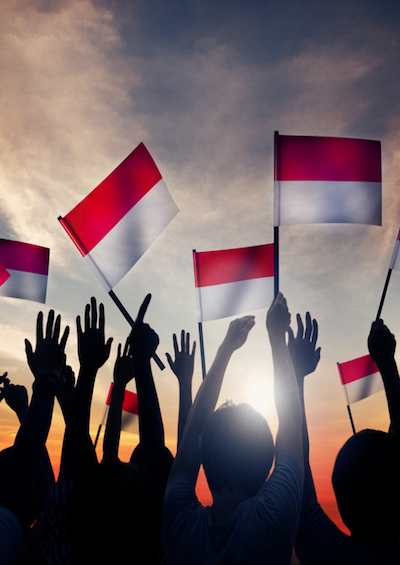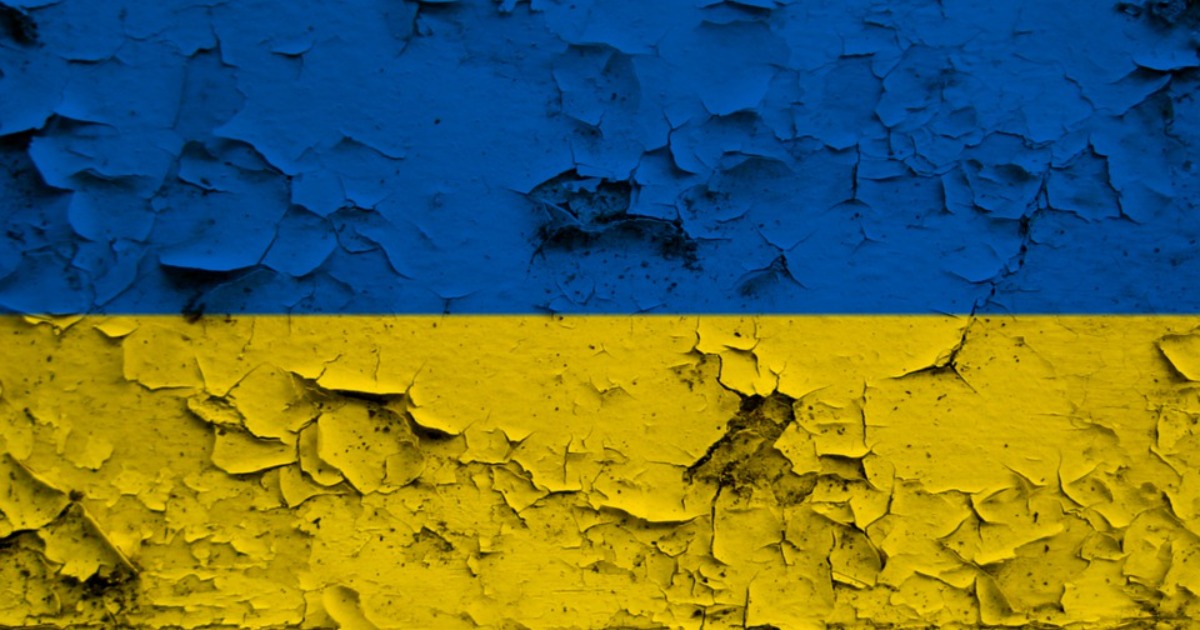The Islam Factor in Indonesia’s Elections
Using the Islamic lens is the focus of Western analysis when it comes to assessing Indonesia’s political present and future. This limits proper understanding.
April 23, 2019

The question what role Islam plays in Indonesian elections has gained currency in recent years. The results of the recent elections have been widely presented as a victory for moderate Islam as much as for President Joko Widodo (Jokowi) and his party.
But making that case may be too easy. For sure, his challenger Prabowo Subianto made every effort to co-opt the more radical Islamist forces. He probably won more provinces than in 2015, though a slightly smaller share of the overall vote.
Meanwhile, Jokowi had chosen to have to prove his Islamic credentials by selecting Ma’aruf Amin, the head of the Nahdlatul Ulama (NU), the largest Muslim organization in the country, as his vice-presidential candidate.
The 75-year old Ma’ruf had played a key role in the blasphemy charges which had sent Basuki Purnama (Ahok), a Christian of Chinese descent and Jokowi’s former ally as well as the then-Jakarta governor to jail.
Growing religiosity of Indonesian politics and society?
All this seems to reflect the growing religiosity of Indonesian politics and society. This is indeed reflected in conservative dress codes for women, the appearance of huge Saudi-financed and styled mosques in villages, the inflammatory statements of extremist organizations (such as the Islamic Defenders Front) which challenge the secular basis of society and the adoption of Islamic laws by some local governments.
In the face of all this, Prabowo, a former Suharto son-in-law with Christian as well as Muslim family background and a former Special Forces commander, was driven by political necessity to align himself with the religious right.
Similarly, Jokowi had to ditch his own reformist and non-sectarian principles, using Ma’ruf to appeal to the Muslim voter pool, particularly in the most populous provinces, Central and East Java, where Ma’ruf’s NU is deeply rooted.
True as well, Ma’ruf himself had taken NU to a more conservative stance in an effort to head off the radical Islamists. The NU had moved to a much more conservative stance than in the days when Abdurrahman Wahid, Indonesia’s most liberal president, was its leader.
Beyond Islam
However, there are other ways of looking at the result than this Islamic lens which is almost invariably the focus of Western analysis.
First, the result of Indonesia’s 2019 elections – as far as is known because the full tallies are not yet in – is in most respects similar to 2014 when religion per se did not attract anything like the attention it did this time.
Yes, Prabowo won the more Islamist-aligned provinces such as West Java and much of Sumatra by aligning with relevant parties and a direct appeal to the faithful. This probably raised already high voter participation. But it was roughly balanced by Prabowo’s poorer showing in other provinces.
Nor was Prabowo’s agenda simply an Islam-oriented one. He is better known for his economic nationalism and association with big business, as indeed is Sandiaga Uno, his ambitious 49-year-old, U.S.-educated billionaire running mate.
Playing the anti-China card
Prabowo also tried to play the anti-China card. He claimed that Indonesia could become a “nation of errand boys … a nation which can be bought, a nation which can be bribed.”
However, the China card had limited appeal this year — if only because of Jokowi’s successful and very public regional road building, which owes nothing to China.
Nevertheless, nationalism remains for many Indonesians a more important motivator than religious identity. Indonesia is a country which has always boasted religious diversity and where suspicions of China, and Chinese, are easily aroused.
The importance of identity politics
Personal identity politics also plays a major role in Indonesia which for many transcends religious or ideological issues and also does much to shape the party system. Prabowo’s Gerindra party did well in the parliamentary elections and will be the second-largest in the legislature.
Notably, it did so by taking votes from specifically Islamic parties as well as from Golkar, the conservative but secular party which was formed by Suharto, and the Democrat party of former president Yudhoyono.
Overall, Jokowi’s PDI-P — whose chair is Megawati Sukarnoputri, a former president herself and the daughter of Indonesia’s founding president Sukarno – and its allies did well enough in the legislative polls to ensure that at least forming a government of disparate parties should be difficult.
To be sure, democratic politics is messy in most countries and all the more so in a country with such complex geographic, religious and ethnic ingredients as Indonesia where presidential power is limited.
Conclusion
In his 2019 campaign, Jokowi used moderate Islam as a weapon against more radical versions. But Prabowo found that religious appeals are not enough, least of all from persons with little past history of piety.
A re-elected Jokowi is now freer to do what he wants. In the process, modern moderate Islam will also feel less defensive.
As a result, instead of relying on religion as a motivating factor, future aspirants to the office may see personality politics or economic and nationalist agendas as having more appeal at the margin where it counts.
Takeaways
The result of Indonesia’s 2019 elections is similar to 2014 when religion per se did not attract anything like the attention it did this time.
In his 2019 campaign, Joko Widodo (Jokowi) used moderate Islam as a weapon against more radical versions.
A re-elected Jokowi is now freer to do what he wants. In the process, modern moderate Islam will also feel less defensive.
Using the Islamic lens is the focus of Western analysis when it comes to assessing Indonesia’s political present and future. This limits proper understanding.
Indonesia is a country which has always boasted religious diversity and where suspicions of China, and Chinese, are easily aroused.
Read previous

Global Democracy
A New Era for Ukraine?
April 22, 2019